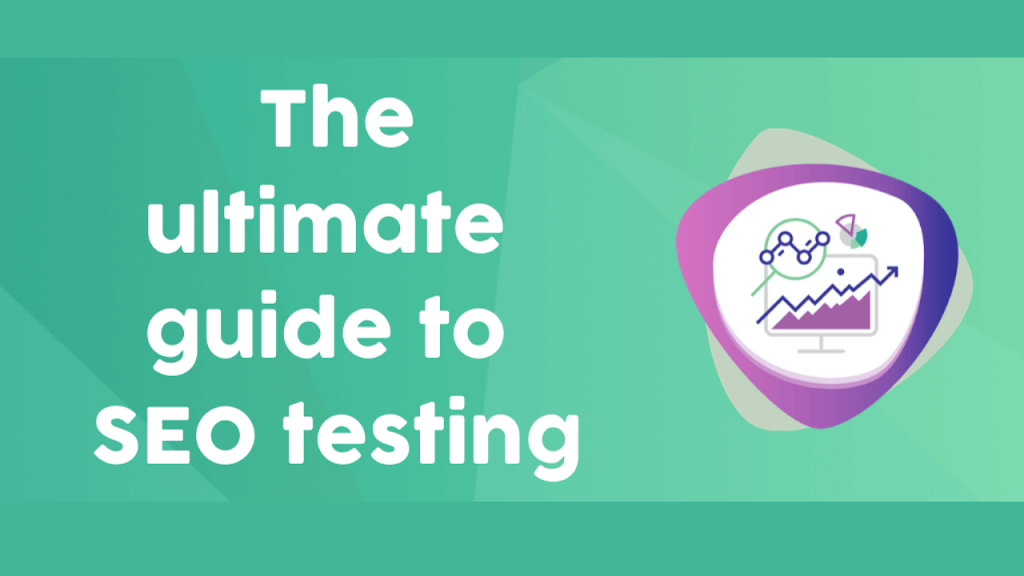Ranking on Google involves implementing a variety of strategies to optimize
your website’s visibility in search engine results pages (SERPs).
Follow these Steps for Ranking on Google:
Step 1: Perform Keyword Research
Step 2: Optimize On-Page SEO
Ensure your website’s meta titles, meta descriptions, and headers include your target keywords.
Create high-quality, relevant content that addresses user intent and provides value to your audience.
Optimize images with descriptive filenames and alt text.
Improve website loading speed by optimizing images, using caching, and minimizing HTTP requests.
Step 3: Optimize Off-Page SEO
Build quality backlinks from reputable and relevant websites through guest blogging, outreach campaigns, and content promotion.
Engage with your audience on social media platforms to increase brand awareness and drive traffic to your website.
Monitor and manage your online reputation by responding to reviews and addressing customer feedback promptly.
Step 4: Enhance Technical SEO
Ensure your website is mobile-friendly and optimized for mobile devices.
Implement schema markup to provide search engines with additional information about your content.
Create an XML sitemap and submit it to Google Search Console to help search engines crawl and index your website more effectively.
Monitor website performance metrics, such as site speed and page load times, and address any issues that may impact user experience.
Step 5: Create High-Quality Content
Develop comprehensive, informative, and engaging content that resonates with your target audience.
Use a variety of content formats, including blog posts, videos, infographics, and podcasts, to cater to different preferences.
Regularly update and refresh your content to keep it relevant and up-to-date.
Step 6: Optimize Local SEO (if applicable)
Claim and optimize your Google My Business listing with accurate business information, including your name, address, and phone number (NAP).
Encourage satisfied customers to leave positive reviews on your Google My Business listing and other review platforms.
Use local keywords and location-based content to target users searching for products or services in your area.
Step 7: Monitor and Analyze Performance
Use tools like Google Analytics and Google Search Console to track website traffic, keyword rankings, and other key performance indicators.
Analyze the data to identify areas for improvement and adjust your SEO strategy accordingly.
Stay informed about industry trends and algorithm updates to ensure your website remains optimized for search engines.
By following these steps and consistently implementing SEO best practices, you can improve your website’s ranking on Google and increase organic traffic to your site.
Keep in mind that SEO is an ongoing process, and it may take time to see significant results, but with patience and persistence, you can achieve success in the competitive world of online search.








Leave a Reply